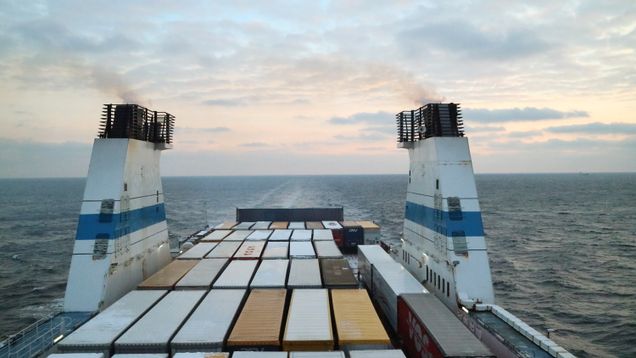Trading Away Budget Space? How Trade Liberalization is Crunching Developing Country Budgets

By Devika Dutt and Kevin P. Gallagher
The long-standing gridlock in trade negotiations in the World Trade Organization (WTO) has shifted the focus of trade negotiations to bilateral and plurilateral trade and investment agreements. Since the inception of the WTO in 1995, over 2,000 regional and bilateral trade and investment treaties have been negotiated and implemented. Even though trade liberalization has recently fallen out of favor politically, politicians have continued to argue that they boost growth. For instance, there is growing clamor in the United Kingdom to negotiate trade agreements with the United States after Brexit. Similarly, among much fanfare, 15 countries in the Asia-Pacific region, representing a third of the global population, implemented the Regional Comprehensive Economic Partnership.
While the costs and benefits of trade agreements have been studied widely, the impact of trade agreements on the fiscal policy space of governments, especially in developing countries, has been understudied. In a new journal article published in the International Journal of Political Economy, we analyze the impact of trade agreements on government budgets, finding that increase in trade liberalization is associated with decrease in trade tax revenue, no significant increase in indirect tax revenue, and an increase in government debt for some countries
Using data on trade agreements implemented between 1970-2018, we examined the impact of trade liberalization achieved through trade agreements. While previous studies have largely measured trade liberalization by the share of trade in gross domestic product (GDP), or the effective tariff rate (import duties as a share of the volume of imports), we developed two new measures of trade liberalization based on the agreements. The first measure is the total number of bilateral treaty links of a country, followed by the “hub connectedness” of a country, defined as the number of times a country functions as a bridge between all other country pairs in the network of trade agreements.
Using these novel measures of trade openness, we examine its relationship between tax revenue, government expenditure and government debt. Across both measures, trade liberalization was associated with a decrease in trade tax revenue. A 1 percent increase in the number of bilateral treaty links is associated with a 0.11–0.20 percent decline in trade tax revenue, while a 1 percent increase in hub connectedness is associated with a 0.014 percent decline in the same. When results are disaggregated by country group, upper-middle income countries (UMICs) experienced the biggest decline in trade tax revenue, at 0.2-0.9 percent more than high-income countries. Considering that tariff revenues constitute considerable contributions to total tax revenue in low- and middle-income countries, these findings are especially striking.
Previous trade literature has assumed that losses in tariff revenue due to trade liberalization would be recouped due to increased revenue from other indirect taxes, like value added taxes (VATs). We find that lower-middle income countries (LMICs) have, on average, gained revenue from goods and services taxes, while VAT revenues in least developed countries (LDCs) has declined. Looking at the other side of the budget, there is limited evidence of a decline in government expenditure due to trade liberalization, which is higher in low-income countries (LICs) and UMICs.
While trade agreements were not seen to have increased government budget deficits in the full sample of countries, deficits clearly increased for UMICs and LDCs. Notably, we find that trade liberalization is almost universally associated with an increase in government debt: a 1 percent increase in the number of bilateral treaty links is associated with a 0.04–0.16 percent increase in the same. The increase in debt is specifically pronounced for UMICs and LDCs. This is particularly alarming today, with large burdens of public debt in many countries has been a source of instability and crisis, especially in the absence of an orderly sovereign debt resolution mechanism.
Given these findings, it is clear that trade agreements can adversely affect the fiscal space available to governments to address the challenges of the COVID-19 crisis, climate change, rising inequality and eradicating poverty. This is not to suggest that trade agreements are necessarily bad for government revenues and policy space in developing countries. However, our results do mean that governments, especially in developing countries, need to consider the fiscal and debt implications of the trade deals they are negotiating. Governments need to actively safeguard their policy space in trade negotiations, as their ability to respond to crucial policy challenges depend on these considerations.
Devika Dutt is a Lecturer in Development Economics, King’s College London and former Pre-doctoral Fellow at the Boston University Global Development Policy Center.
Read the Journal Article*
Never miss an update: Subscribe to the Global Economic Governance Newsletter